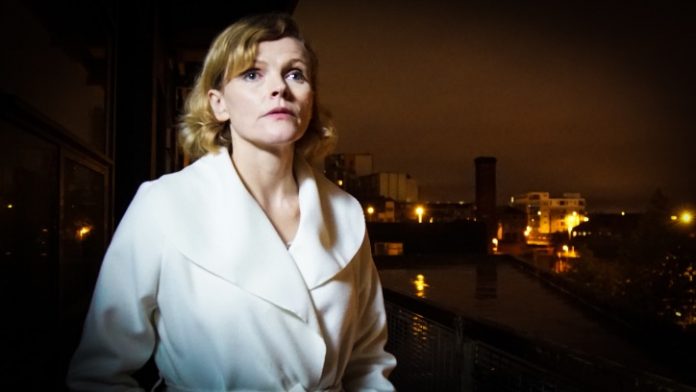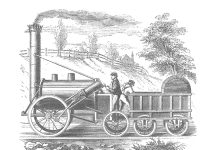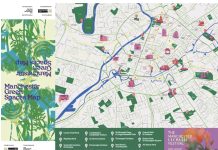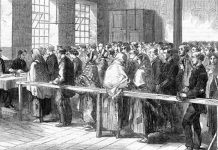‘They catch Mancunia’s infectious yawn, and this great city holds them in its palm’.
As the title suggests, BBC Four’s ‘Men Who Sleep in Cars’ follows the journey three men make in Manchester one September night in their cars.
Commissioned by the BBC for its brand-new poetry and spoken word festival, Contains Strong Language, ‘Men Who Sleeps in Cars’ is unlike other short films you may have seen. Written in verse form and created by local poet, Michael Symmons Roberts, his poetry resonates on your body and enables the emotion and poignancy of his story to be expressed.
As well as being a love song to our city of Manchester, it is Marley, Antonio and McCullogh who take centre stage in the hour-long production. The three men’s lives have been turned upside all for different reasons. Having lost all social and economic power, they spend their nights sleeping in their cars.
Whether they hide away in disused carparks or deathly quiet industrial estates, all the men have for company are their overpowering thoughts and their car radio. If it’s not Sinatra’s wildly hypnotic ‘Stranger’s in the Night’ that conjures the nighttime whilst acting as an audio backdrop, it is the commentary from England’s first World Cup qualifying fixture that too has a voice and links all three characters. Listening to the World Cup fixture alone in their cars, the men hear a wildly contrasting narrative whereby some of the richest and most powerful men in the world of sport compete on a world stage.
Speaking to the writer himself, Michael Symmon Roberts said that his idea to write on this kind of homelessness came about a few years ago after driving through the city one summer evening during the build up to the World Cup. He listened to a report on the radio about a hidden kind of homelessness where those affected, who were predominately men, couldn’t keep both a home and their car going. These men chose to keep their cars in order to get to work every day. By night, some men were living in their cars and by day, going about their normal lives as if nothing were wrong. Whether it was pride or shame, this type of homelessness that ‘doesn’t manifest itself as sleeping on the streets’ was ‘shockingly common’ but simultaneously being kept hidden.
‘There’s an edifice propped up by the illusion that you’re living a normal life, that’s why it’s such a complicated form of homelessness. It’s often invisible and the people who are suffering from it don’t particularly want it to become visible’, Michael added.
It was Director Sue Roberts’ idea to bring ‘Men Who Sleep in Cars’ to the screen having done it first on radio. After the success of the radio play ‘Black Roses: The Killing of Sophie Lancaster’, the BBC were interested in finding another script that could move platforms from play, to theatre, to screen. ‘When we did this script on radio I could really feel its film qualities.When the commissioner started asking for another project, I could see that this is the one to go for’, Sue Roberts said.
‘Men Who Sleep in Cars’, which stars Maxine Peake, Rob Edwards, Cesare Taurasi and Nick Haverson was filmed on a rainy summer’s night and over multiple locations in Manchester. With panoramic shots of the city, both during daylight hours and nighttime darkness, the beauty and admiration of the city is evident. Perhaps a significantly powerful moment arises as you realise that after seeing the hustle and bustle of the city streets that are overcrowded with people, the men face complete solitude and isolation at night.
Telling a powerful story through poetry about an issue affecting out city and hearing beautiful words voiced through skilled actors portraying characters facing these challenges is truly worthy of praise.
‘When you put different elements from different worlds together , gritty naturalistic story and a set of characters and you give them poetry, there’s something about the chemistry when you put those elements together that can be very interesting’.
‘Men Who Sleep in Cars’ will premiere at Hull’s City of Culture Festival as part of ‘Contains Strong Language’ (28 September – 1 October) as well as being screened this week on BBC Four.







